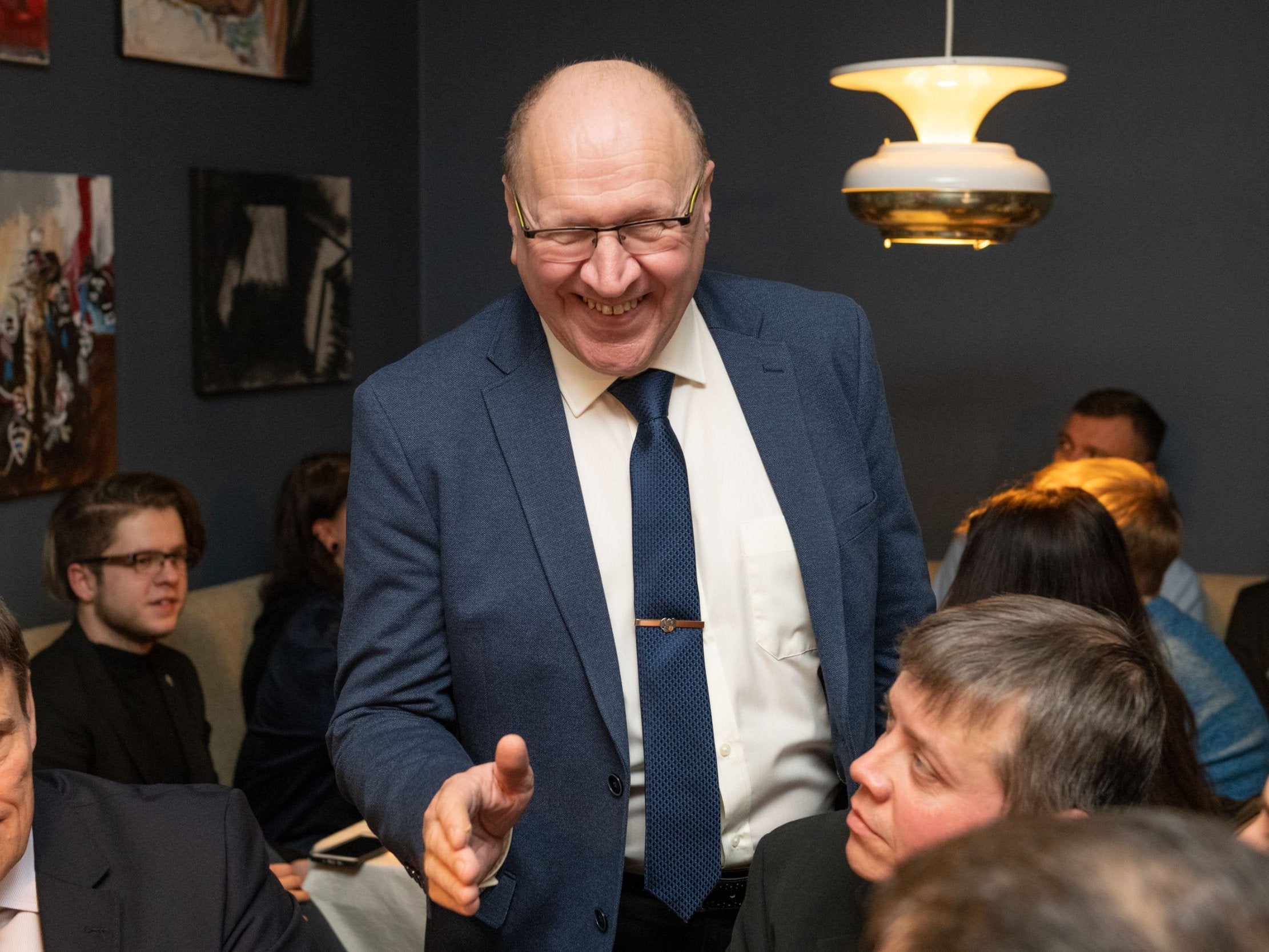Estonia election: Far right surges as centre-right Reform party pulls off surprise win
Main rival parties could form coalition against eurosceptic anti-immigration party

Your support helps us to tell the story
From reproductive rights to climate change to Big Tech, The Independent is on the ground when the story is developing. Whether it's investigating the financials of Elon Musk's pro-Trump PAC or producing our latest documentary, 'The A Word', which shines a light on the American women fighting for reproductive rights, we know how important it is to parse out the facts from the messaging.
At such a critical moment in US history, we need reporters on the ground. Your donation allows us to keep sending journalists to speak to both sides of the story.
The Independent is trusted by Americans across the entire political spectrum. And unlike many other quality news outlets, we choose not to lock Americans out of our reporting and analysis with paywalls. We believe quality journalism should be available to everyone, paid for by those who can afford it.
Your support makes all the difference.Estonia‘s far-right party has more than doubled its support in the country’s general election.
The Baltic nation’s centre-right Reform party pulled off a surprise win over prime minister Juri Ratas‘ governing centre-left Centre party on Sunday.
It puts Reform leader Kaja Kallas in prime position to become the country’s first female prime minister, though she is likely to face difficult negotiations to form a governing coalition.
“I have to admit I prepared two speeches,” Ms Kallas told a cheering crowd of her supporters near midnight on Sunday. “Now starts the real work to form the government and start to govern this country more intelligently.”
Reform won 28.8 per cent of the vote, giving it 34 seats in the new 101-seat parliament, while Centre stood at 23.1 per cent and the anti-immigration Estonian Conservative People’s Party (EKRE) at 17.8 per cent - more than double its vote from the previous election, according to the State Electoral Office.
The eurosceptic party, led by father and son Mart and Martin Helme, won 8.1 per cent of the vote and seven parliament seats in the 2015 election.
An 18 per cent vote share translates to 19 seats in the 101-seat Riigikogu.
Martin Helme, who leads EKRE’s faction in parliament, said he saw the party’s gains as part of a trend in Europe and other parts of the world.
“I think Estonia is no different than almost all other countries in Europe, where there’s a serious public demand for political parties who will stand up against the globalist agenda and the ever-increasing movement of power from (EU) member states to Brussels,” he said.
EKRE’s success has the potential to galvanise a coalition of Estonia’s main rival parties, Mr Ratas’ traditionally pro-Russian Centre and Ms Kallas’ pro-Western Reform.
Both have ruled out the possibility of forming a coalition with EKRE, saying populists have no place in Estonia’s government. But EKRE chairman Mart Helme said he had not given up on the idea.
While both parties are fiscally conservative, Centre has been seeking to make the Baltic country’s tax system increasingly progressive along the lines of richer neighbours such as Finland, while Reform has championed business-friendly reforms and the flat tax that was long the hallmark of the Estonian economy.
Estonia enjoys strong economic growth and low unemployment, but regional differences in the country of just 1.3 million people are vast.
EKRE’s heartland consists of the counties farthest from the capital, Tallinn, areas where its promise to shake up politics resonated with many voters.
A fiercely anti-immigrant message lifted its support during the refugee crisis in 2015 and it has held on to the gains since then.
Election officials said preliminary figures put Sunday’s turnout at 63.1 per cent, a slightly lower showing than in 2015.
Additional reporting by agencies
Join our commenting forum
Join thought-provoking conversations, follow other Independent readers and see their replies
Comments